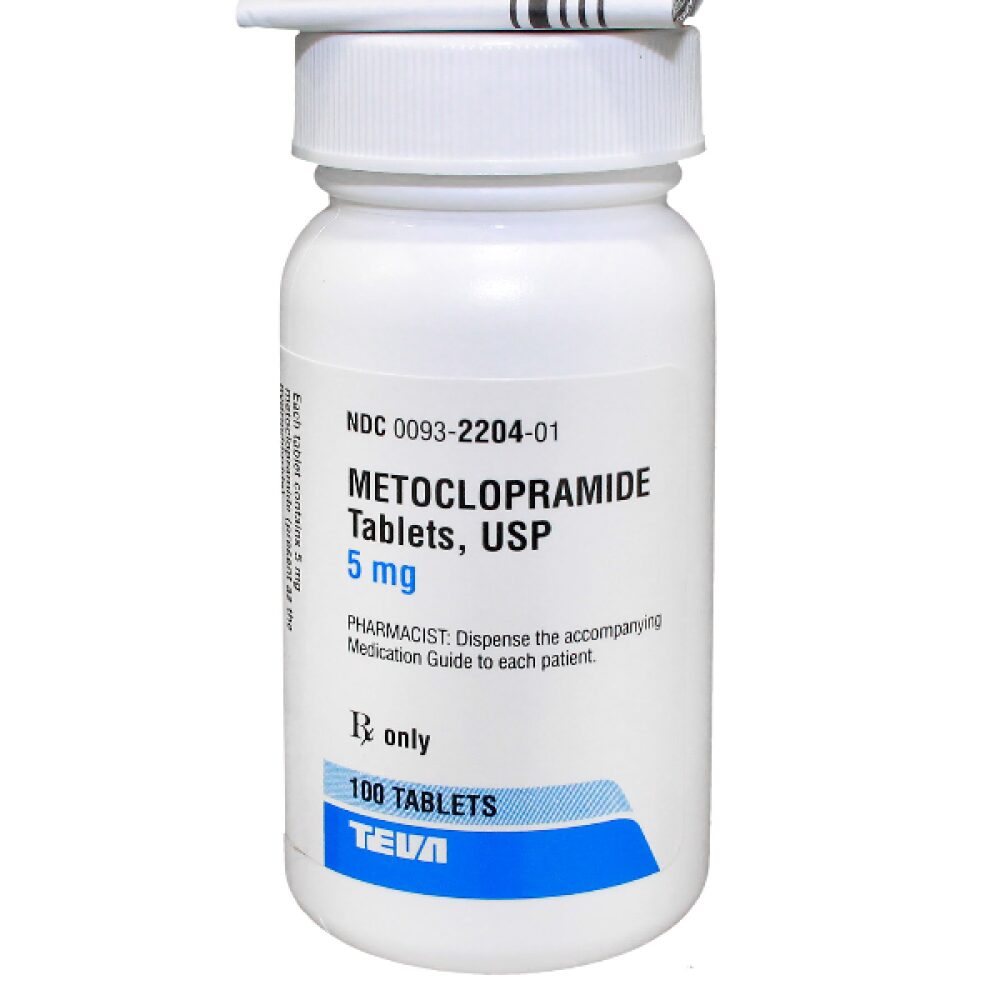Gastroparesis: Symptoms, Causes, Treatment
What are the symptoms of gastroparesis?
Gastroparesis is a condition in which the stomach takes longer than normal to empty its contents. The symptoms of gastroparesis can vary from person to person but may include:
- Nausea: Persistent or recurrent feelings of nausea may occur, often accompanied by a feeling of fullness after eating only a small amount of food.
- Vomiting: Some people with gastroparesis may experience vomiting, especially after eating.
- Abdominal pain or discomfort: Pain or discomfort in the abdomen, which may be dull, sharp, or cramp-like, is common.
- Feeling full quickly: A sensation of fullness or bloating, even after eating small meals or amounts of food.
- Heartburn or gastroesophageal reflux: Some people with gastroparesis may experience symptoms of acid reflux, such as heartburn or regurgitation of stomach contents into the esophagus.
- Changes in blood sugar levels: Gastroparesis can interfere with the normal digestion and absorption of food, leading to fluctuations in blood sugar levels, especially in people with diabetes.
- Lack of appetite: A decreased appetite or aversion to food may occur due to the symptoms associated with gastroparesis.
- Weight loss: Unintentional weight loss may occur, particularly if the symptoms of gastroparesis are severe and interfere with the ability to eat an adequate amount of food.
Symptoms of gastroparesis can range from mild to severe and may come and go over time. It’s important to consult with a healthcare provider if you experience symptoms of gastroparesis, especially if they are persistent or severe, as this condition can lead to complications if not properly managed.
What are the causes of gastroparesis?
Gastroparesis is often caused by damage to the vagus nerve, which controls the muscles of the stomach and intestines. The most common causes of gastroparesis include:
- Diabetes: The most common cause of gastroparesis is diabetes mellitus, especially if it is poorly controlled. High blood sugar levels can damage the vagus nerve over time, leading to gastroparesis.
- Post-surgical: Gastroparesis can occur as a complication of certain surgeries, particularly those involving the stomach or esophagus.
- Idiopathic: In some cases, the cause of gastroparesis is unknown, and it is referred to as idiopathic gastroparesis.
- Neurological disorders: Conditions that affect the nervous system, such as Parkinson’s disease or multiple sclerosis, can lead to gastroparesis.
- Medications: Certain medications, such as opioid pain relievers, tricyclic antidepressants, and calcium channel blockers, can delay stomach emptying and contribute to gastroparesis.
- Viral infections: Some viral infections, such as herpes simplex virus or Epstein-Barr virus, can cause inflammation of the stomach lining and damage to the vagus nerve, leading to gastroparesis.
- Autoimmune diseases: Conditions that cause the immune system to attack the body’s own tissues, such as lupus or scleroderma, can affect the nerves that control the stomach muscles and lead to gastroparesis.
- Hypothyroidism: An underactive thyroid gland can slow down digestion and lead to gastroparesis.
- Amyloidosis: A rare condition in which abnormal proteins build up in tissues and organs, including the stomach, can lead to gastroparesis.
- Other factors: Other factors that may contribute to gastroparesis include eating disorders, certain cancers, and radiation therapy to the chest or abdomen.
It’s important to work with a healthcare provider to determine the underlying cause of gastroparesis, as this can help guide treatment and management strategies.
What is the treatment for gastroparesis?
The treatment for gastroparesis aims to relieve symptoms, improve stomach emptying, and prevent complications. Treatment options may include:
- Dietary changes:
- Eating smaller, more frequent meals: This can help reduce the amount of food in the stomach at one time, making it easier to digest.
- Soft, low-fiber foods: These foods are easier to digest and may help prevent blockages in the stomach.
- Avoiding high-fat and high-fiber foods: These foods can delay stomach emptying and worsen symptoms.
- Medications:
- Prokinetic agents: These medications help stimulate the muscles of the stomach and intestines to improve motility and emptying. Examples include metoclopramide (Reglan) and erythromycin.
- Antiemetic medications: These medications help reduce nausea and vomiting. Examples include ondansetron (Zofran) and promethazine (Phenergan).
- Acid-suppressing medications: These medications, such as proton pump inhibitors (PPIs) or H2-receptor antagonists, can help reduce acid production and relieve symptoms of acid reflux.
- Botulinum toxin (Botox) injection: In some cases, injecting botulinum toxin into the pyloric sphincter (the muscle that controls the opening between the stomach and small intestine) can help relax the muscle and improve stomach emptying.
- Gastric electrical stimulation: This treatment involves implanting a device in the abdomen that delivers electrical impulses to the stomach muscles, which can help improve motility.
- Surgery: In severe cases of gastroparesis that do not respond to other treatments, surgery may be considered. Surgical options may include a feeding tube to bypass the stomach (jejunostomy tube) or a procedure to insert a feeding tube directly into the stomach (gastrostomy tube).
- Managing underlying conditions: If gastroparesis is caused by an underlying condition, such as diabetes or a neurological disorder, managing that condition may help improve symptoms.
Treatment for gastroparesis is often individualized based on the underlying cause, severity of symptoms, and response to treatment. It’s important for individuals with gastroparesis to work closely with a healthcare provider to develop a treatment plan that meets their needs and improves their quality of life.




